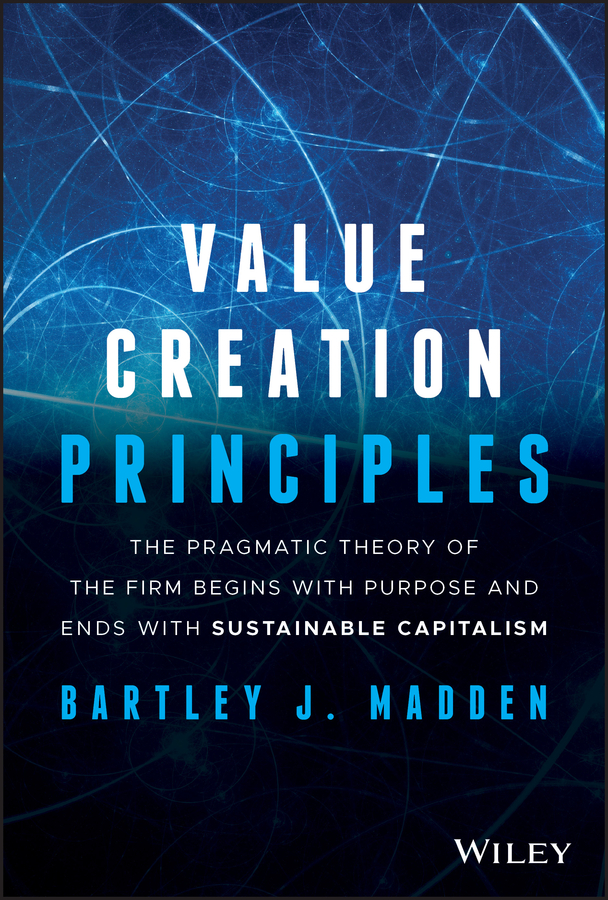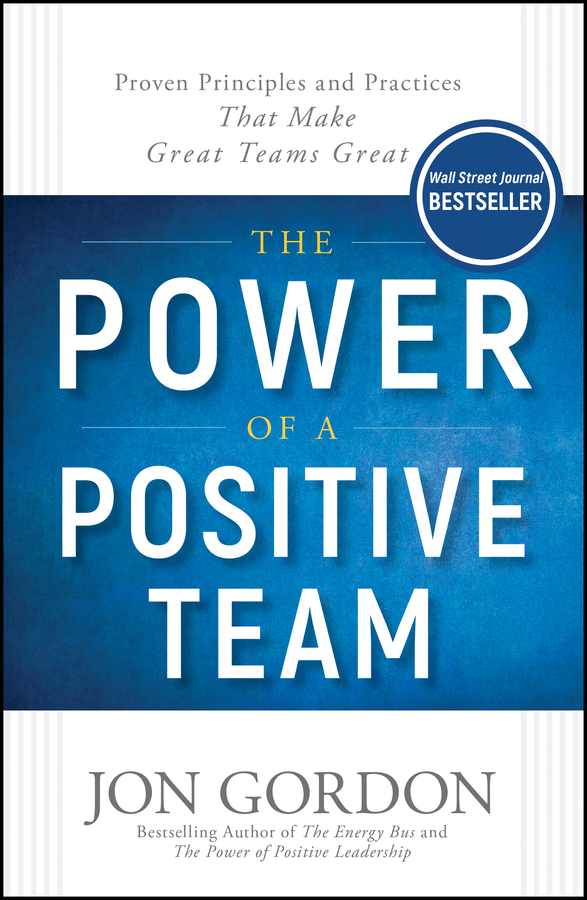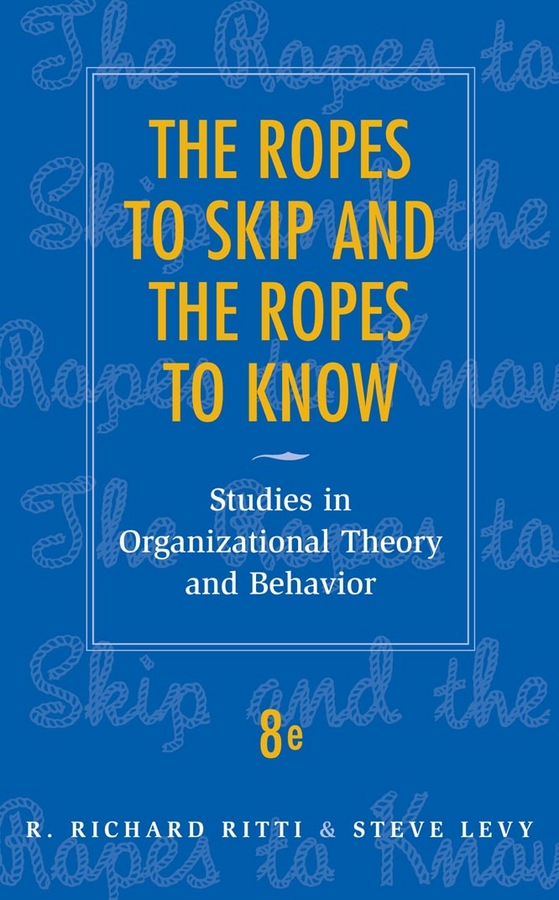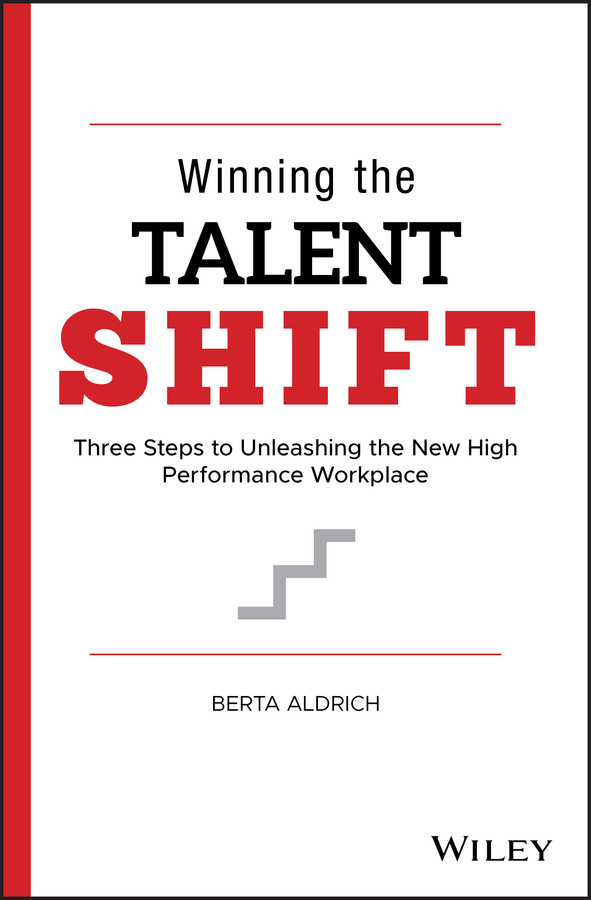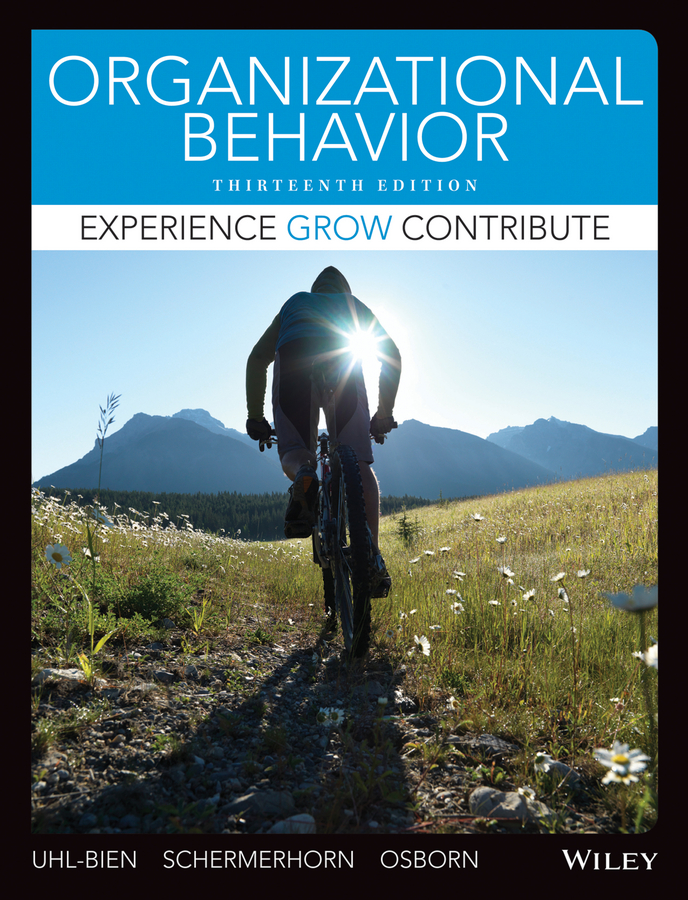CLCC936
LanguageENG
PublishYear2020
publishCompany
Wiley
EISBN
9781119706632
PISBN
9781119706625
edition
1
- Product Details
- Contents
Bartley J. Maddens Value Creation Principles specifies that a firms knowledge-building proficiency is the fundamental cause of a firms survival and prosperity as well as a pathway to significant improvements across a firms typically siloed activities. This theory is about connectedness among the firms purpose, its major activities, and its long-term overall performance, with attention to long-term financial performance. Madden argues that employees improve their knowledge-building proficiency with experience in traversing the knowledge-building loop, whether alone or preferably with a mentor. Success in understanding cause and effect, using that virtuous cycle of learning, reveals faulty or obsolete assumptions and leads to new assumptions whose reliability is then verified. Language matters and employees knowledge-building proficiency improves with a habitual concern for questioning assumptions underpinning words describing the firms activities. Attention to language can help guide experiments (similar to Intuits experimentation culture) having the potential to negate knowledge which is now obsolete possibly due to a changed environment. A firms knowledge-building proficiency depends upon top management developing and sustaining an organizational culture that accomplishes two objectives. First, employees are rewarded for productive work enabled by their continual learning and related proficiency in knowledge building, which results in process improvements and occasional breakthrough ideas. Second, the culture promotes collaboration both inside and outside the firm and sharing local knowledge across the firms business units so that firm-wide knowledge becomes a significant, value-creating intangible asset. A pragmatic theory of the firm offers a more insightful thinking template compared to existing theories of the firm. It reflects the following tenets about knowledge building and firm performance: The fundamental cause of a firms long-term performance is its knowledge-building proficiency versus competitors. Although competitive advantage is typically ascribed to a firms capabilities, intangible assets, and the like, the source of these advantages is the firms knowledge-building proficiency. A firms performance--distilled into long-term, life-cycle track records of economic returns and reinvestment rates--offers insights about firm performance helpful to investors and other stakeholders and can improve managements resource allocation decisions. Job satisfaction and retention of key employees improves as knowledge-building is made an integral part of employees jobs. Innovation, whether in products, processes, or strategy, improves as more employees (including management) are engaged in knowledge-building experiences with the potential to discover faulty assumptions and generate insights. Firm risk is best conceptualized as impediments to achieving a firms purpose. Sustained shortfalls in profitability are typically assigned to changes in the external environment. But the real cause is a combination of inferior knowledge building (feedback and questioning of core business assumptions) and lack of managerial skill and determination to effectively restructure the firm.
Collected by
- Princeton University
- Yale University
- Stanford University
- University of Chicago





